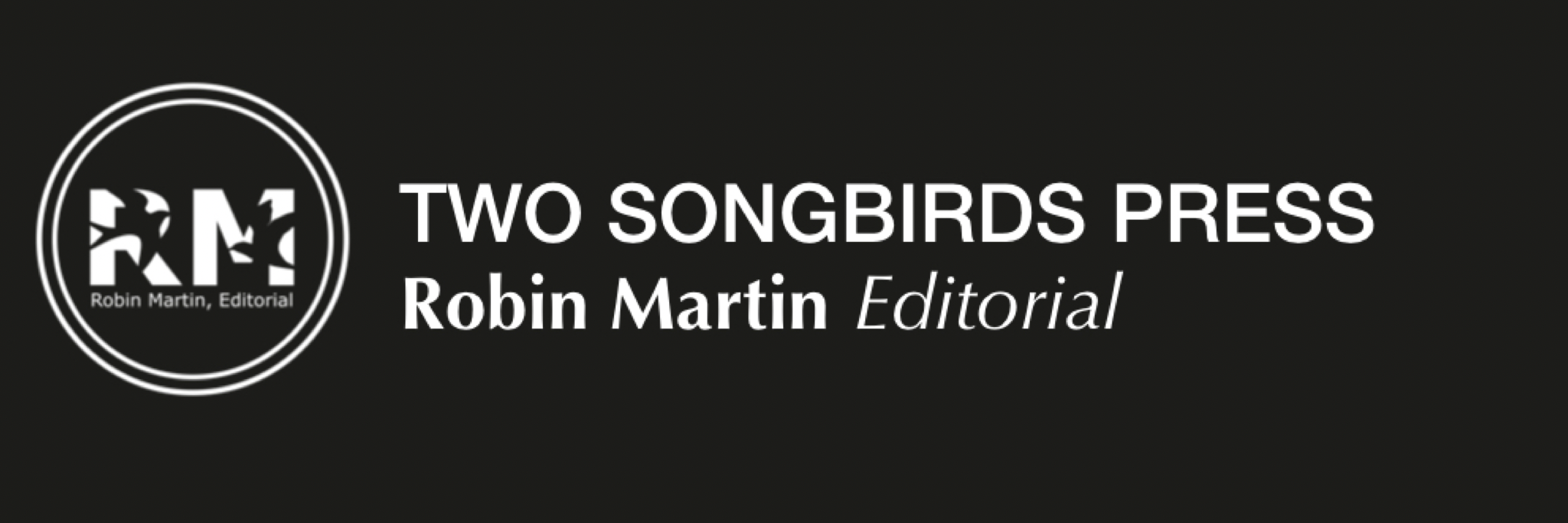- November 3, 2009
- Robin Martin
- 1 Comment

With Sara From Alaska by Shushannah Walshe released today, and Going Rogue: An American Life, by Sarah Palin being released next week, it makes, at my count, 13 books on the subject available to Amazon customers. Thank goodness the big publishers just keep buying the same book over and over. This is another pretty sad commentary on the state of the maxi-publishers.
What’s happening with the fiction market?
Back on July 16, I began actively pitching a novel that I had been working on at some level since somewhere around September of the year before as a freelance/associate agent with AHLM. I love this novel, and believe in it and in the talents of the author. I pitched to a targeted list of editors at the largest houses, and still, over three months later, the author and I await the final words from the many who requested the manuscript.
Anyone who is in this business will tell you that rejection is a part of it. Believe me, as a small-time short story writer myself, one who submits to lit mags, journals and other media markets on occasion, I know. I’ve written briefly about rejection notes in this blog (as all of us have).
Rejection on a first novel is not unusual. And in a strange way it would be easier to accept the “sorry” notices, if the editors didn’t seem to be fighting with their editorial acquisitions boards for the purchase.
What is a “success on their list”?
What size audience is large enough?
I wonder how many copies of To Kill a Mockingbird Harper Lee sold out of the gate. I should be able to find that out somehow. If you know, will you tell me?

The latest rejections:
“Hi, Robin, Sorry to miss your call—we were in a launch meeting for the afternoon, and it happens that I’ve got laryngitis this week so am staying off the phone anyway! But thanks for following up on this, though I’m very sorry to say I’m going to have to disappoint—there was a lot I really liked about the writing here, and I felt the story was a compelling one. I’ve gotten some other reads on the manuscript, though, and ultimately everyone seems to feel that the novel’s audience will end up being a bit too small to make the project a success on our list. I’m genuinely sorry not to have a better word, especially about something that I liked, but in the current market we’re just being really selective. I do hope another house feels differently, though, and I wish you and the author much success moving forward with the novel. Thanks again for thinking of me for it and for giving me the time to share it with others—I hope we’ll be able to get together on something else in the near future. All my best…”
Here’s another:
“Hi Robin, I have taken a look, and I think the novel is extraordinary. While I hate to pass on this, I’m really not acquiring fiction right now, and I don’t think it’s helping you for me to hem and haw over this when I know my list is leading in another direction. I’m sorry to have kept you waiting this long, and I wish you both the best of luck in placing it. Perhaps we can connect on some nonfiction in the future? Best…”
I respect these editors for reading and appreciating the novel, and do recognize that acquisitions are often out of their hands. Can they sell a million copies of this book to AMWAY? Probably not. They must also be very frustrated by the direction of literary publishing.
The needle on the compass is pointing towards indie presses for fiction; this should be good for readers and writers except that it feels like taking a yet another vow of poverty.




What the publishing industry does continually is to try the same thing over and over and expects a different result. Guess what? You know what that defines. Contract, contract, contract, fewer, pubs, fewer retailers, fewer authors = fewer readers. A few more contractions and “blip” it won’t be a baby being born.